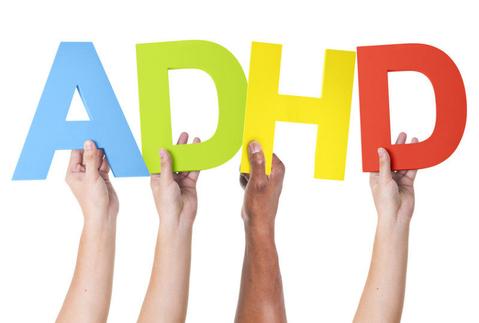Can Fidget Bands Help ADHD Kids Focus?
Twiddler’s original fidget bands stretch around chair or table legs. You can rest your legs on the bands and they will provide a constant source of bounce. Fidget bands make any monotonous task (like studying) slightly less boring.
Its all in good fun, but the real question is: do fidget bands actually work? The answer is absolutely yes! There is a wealth of psychological and experimental data that support the use of fidget devices, including Twiddler’s fidget bands. In this article we will go over a chunk of this evidence so you can rest easy knowing that Twiddler bands improve focus and performance.

Theoretical Evidence
We begin by looking at the theoretical evidence. Inattention and hyperactivity is related to a lack of stimulation: something scientists call a “low arousal state”. This is primarily the result of the Yerkes-Dodson Law, and the Low Arousal Theory:
- The Yerkes-Dodson Law is an empirical relationship which says cognitive performance increases ( ↑ ) as mental arousal increases ( ↑ ).
- The Low Arousal Theory is a psychological theory which says that people with ADHD are in a constant low-arousal state, and seek stimulation in order to function.
Feel free to click the links to our other articles, which cover this in depth. These two points show a theoretical basis for hyperactive people to need a constant source of stimulation. This can be easily provided by Twiddler fidget bands.
Fidget bands for chairs and desks provide a constant source of stimulation. Unlike fidget spinners or cubes, the Twiddler bands are hidden from sight and available whenever you’re sitting. These are the perfect products to provide additional psychological arousal, and improve focus.
Experimental Evidence
There is also plenty of experimental evidence that shows the benefits of fidget bands. For example, a U.K. study of over 12,000 women showed that while sitting for a long time a day increased the risk of death, fidgeting counteracted this effect.
Sitting for 7 hours a day increased the “all-cause-mortality” rate by 30% in the low fidgeting group. The high fidgeting group actually recorded a slightly lower risk of death from sitting. This study is a high powered study with a large sample size, and it shows fidgeting as beneficial for long-term health.
A study published in the journal Science showed that fidgeting played a significant role in reducing weight gain. When you fidget, you increase the caloric expenditure without exerting much effort, which prevents weight gain and even promotes weight loss.
Psychological Evidence
A little-know fact is that boredom produces stress. In the University of Cincinnati study that showed this result, the researchers had participants engage in sustained periods of attention and measured their subjective stress levels. The participants became more stressed as the boredom dragged on.
Fidgeting significantly increases time spent focused on a task, and retention of information, in a new University of Alberta study. In this study, participants had to watch a 40 minute lecture while having their attention measured in 5 minute intervals. Afterwards their retention of the lecture was tested. The participants who fidgeted had longer attention periods. More importantly, the fidgeting participants retained more information, independent of their amount of attention.
What does this mean for me?
Twiddler fidget bands are the ideal way to move around while you are focused on a task. They are quiet, non intrusive, and helps to reduce boredom and increase attention. Fidgeting also increases the amount of information you remember.
As an added bonus, Twiddler fidget bands could even help you lose weight and live longer! Click here to find out our more about our products.